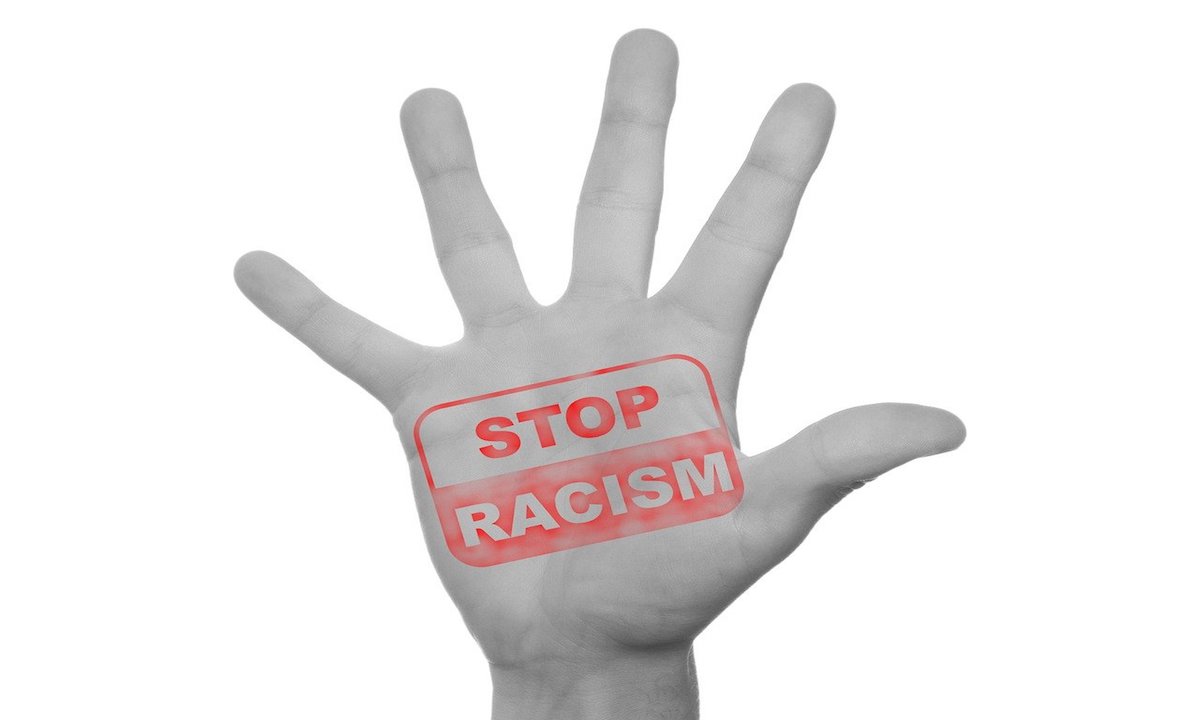Written by Ainsley Jackman
Proposition 209 was passed in California back in 1996, prohibiting affirmative action by banning discrimination in hiring and admissions on the basis of race, ethnicity, sex, or national origin. This November, a hotly contested ballot initiative in the form of Proposition 16 seeks to repeal Prop 209 and legalize these discriminatory practices.
This “Yes on Prop 16” campaign has proven problematic for a number of reasons. First, it’s primarily funded by two special interest leaders: Oakland real estate billionaire Wayne Jordan and Netflix CEO Reed Hastings. Unsurprisingly, both have an incentive for their spending besides pure philanthropy, including several large government contracts that Jordan could secure under Prop 16 based on his status as an underrepresented minority.
On the other hand, the “No on Prop 16” campaign, led by an organization called Californians for Equal Rights (CFER), has proven itself more widely supported, with nearly 3,500 individual donations and tens of thousands of grassroots supporters spread all over the state.
The support of the people against affirmative action could not be more obvious than in the recent widely-reported case against Yale for their discrimination against Asian-American students in admissions. The case harkens back to a similar uproar at Harvard, and similar numbers at universities all over the country make it clear that this kind of preference is the norm rather than the exception.
“No on Prop 16” President Ward Connerly, who also led the original Prop 209 movement, said this of the case: “We know Americans oppose racial preferences in admissions by a factor of 3 to 1. Americans oppose discrimination of all kinds, and want government to treat everyone equally. That is what Title 6 of the 1964 Civil Rights Act so clearly explains, and this is why grassroots activists all across the country are fighting for equal treatment in the most proud institutions of American life – our university system.”
Connerly is speaking against discrimination and for the people. Meanwhile, those in support of Prop 16 are standing only for their own interests, and their blatantly xenophobic language only makes this more obvious. For example, Lisa Holder of the Equal Justice Society said in an endorsement interview that “the No on 16 opposition is a bunch of Chinese who speak broken English!”
Fortunately, Californians for Equal Rights and the No on Prop 16 campaign as a whole has made significant progress in recent months and is steadily gaining support. Car rallies across the state indicate just how adamant the opposition to Prop 16 is—and how much people desire true equality.
California did away with racist discrimination decades ago, and bringing it back would be an obvious step backward in the ongoing fight for equality. The No on 16 campaign is fighting against the return of policies that ought to remain firmly in the past.




